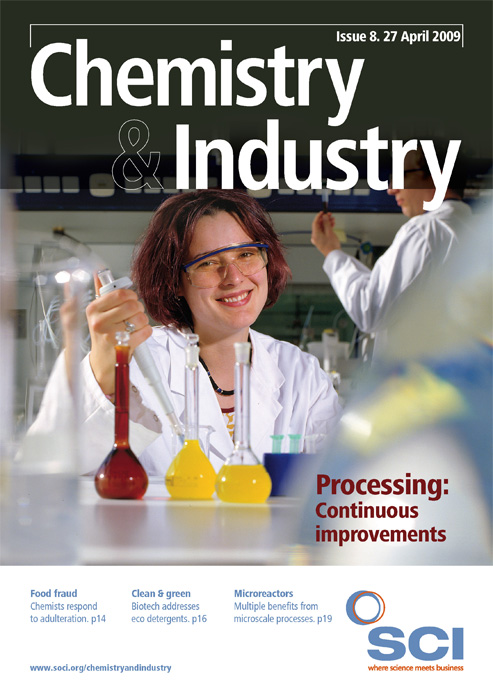Cap and trade would force companies to buy a permit for each tonne of CO2 they produce. Permits would be distributed by the government, and then traded among companies, leading to a permit market. The total number of permits available, the cap, would be a key influence on the price.
A group from Carnegie Mellon University, US, says in a policy brief that permits would have to cost at least $50/t to force energy producers to make the large investments required to significantly reduce CO2 emissions. Government analysis has revealed that, under the conditions outlined in previous bills, permits are likely to cost a lot less than this.
US president Barack Obama is backing cap and trade, but this has led to concern among energy intensive industries, such as the chemical industry, that the cost to employers will force jobs overseas (C&I 2009, 7, 5).
Therefore, additional policies will be needed to ensure that the Obama administration target is achieved, the authors say. The profit made by energy producers should be separated from the amount of electricity they sell. This would give them the freedom to promote energy efficiency. In addition, buildings and appliances should be subject to tighter emissions standards and vehicles to fuel efficiency standards that are at least double current mile/gal ratings.
A lot depends on how the permits are distributed. ‘In the EU, the member states gave almost all the CO2 allowances [permits] away for free, and it ended up being very profitable for some electricity generators,’ says Karen Palmer, a senior fellow at Resources for the Future. The world has learned a lot from the EU Emission Trading Scheme, she says.
Furthermore, the authors recommend their additional policies because permit prices will be too low. But according to Palmer, the policies suggested will exacerbate the inadequacy of cap and trade by driving prices lower.





